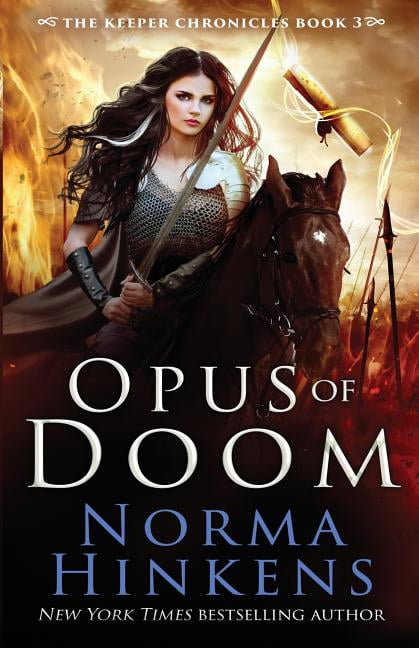

And that’s fair enough I suppose, in theory – except that we also don’t really get to see why they’re foolish and/or narcissistic. So much of what happens to them is their own fault, is brought on directly by being ridiculously foolish or narcissistic themselves, that it’s hard to really side with them entirely when we see the consequences. On a second hand, and relatedly, it’s surprisingly difficult to sympathise with some of these marginalised characters. On the one hand, the author and her characters appear to attribute such wonderfulness and ‘magical’ power to the abusive parties, wonderfulness even in their ability to abuse, that they seem almost to be superhuman: it’s hard to imagine how anybody ordinary and petty could be abusive, in this book abusiveness is almost something worthy of worship, it seems. The complex web of psychological cause and effect that drove tragedy in Liveships is reduced to a matter of some people just being narcissists and not very nice to be around. The weakness of Dragon Keeper is that its psychology, following the same lines as Liveships, appears both more verbose and less insightful. Nor is there necessarily anything inherently wrong with returning to those themes a second time.

There is, of course, nothing inherently wrong with addressing these topics in a fantasy novel – Liveships did it very well. Instead, Dragon Keeper is content to address the same questions as Liveships, albeit perhaps now with a different emphasis – domestic abuse, particularly of an emotional kind, comes to the fore (not that it was absent in Liveships, of course!), and the emphasis is less on institutions themselves and more on those marginalised by those institutions. The first weakness of Dragon Keeper unfortunately is that we seem to come back to old ground, and not, as in the Tawny Man, by approaching the same field from a new direction. It was about families, and family-like structures, and social rules that marginalised women (and some men), and it was about how women (and men who failed to live up to the expectations had of men) could accomodate, accept, rebel against, negotiate with and circumvent those rules. Liveships, on the other hand, with its large cast, had an appropriately broad focus – but perhaps it can be roughly said to be a story about the subjugation of women. This, in the end, is both the virtue and the vice of this novel.įarseer was a trilogy all about growing up, a trilogy about sons and their fathers Tawny Man was all about having grown up, a trilogy about fathers and their sons.

Hobb’s way of writing has changed over the course of the twelve novels, becoming more and more reflective, more and more observational, more and more determined to use the trappings of the fantasy genre to enable an examination of interpersonal universals. The key, however, is not the plot, but the approach.

The events of the previous trilogies have, as it were, created a blank canvass – one that is now actually rather closer to traditional fantasy than when the cycle began. It is unlikely many people will read this without being a dedicated Hobb fan to begin with – although in fact (and perhaps the later installments of this quartet will change this) this seems a pretty good belated starting place, in terms of plot if not perhaps in terms of style. In particular, it follows quite directly on from the Liveship trilogy, though recurring characters are limited to cameo roles.Īfter twelve novels in a cycle, a certain amount of selection has inevitably occurred. However, as it follows the events of The Farseer Trilogy, The Liveship Traders and The Tawny Man, it is essentially the tenth novel of the combined Realm of Elderlings cycle. ( Interested readers may like to note that I’ve also got (mostly spoiler-free) reviews up of the nine preceding Realm of Elderlings novels, indexed here.)ĭragon Keeper is the first novel in the Rain Wild Chronicles series.


 0 kommentar(er)
0 kommentar(er)
